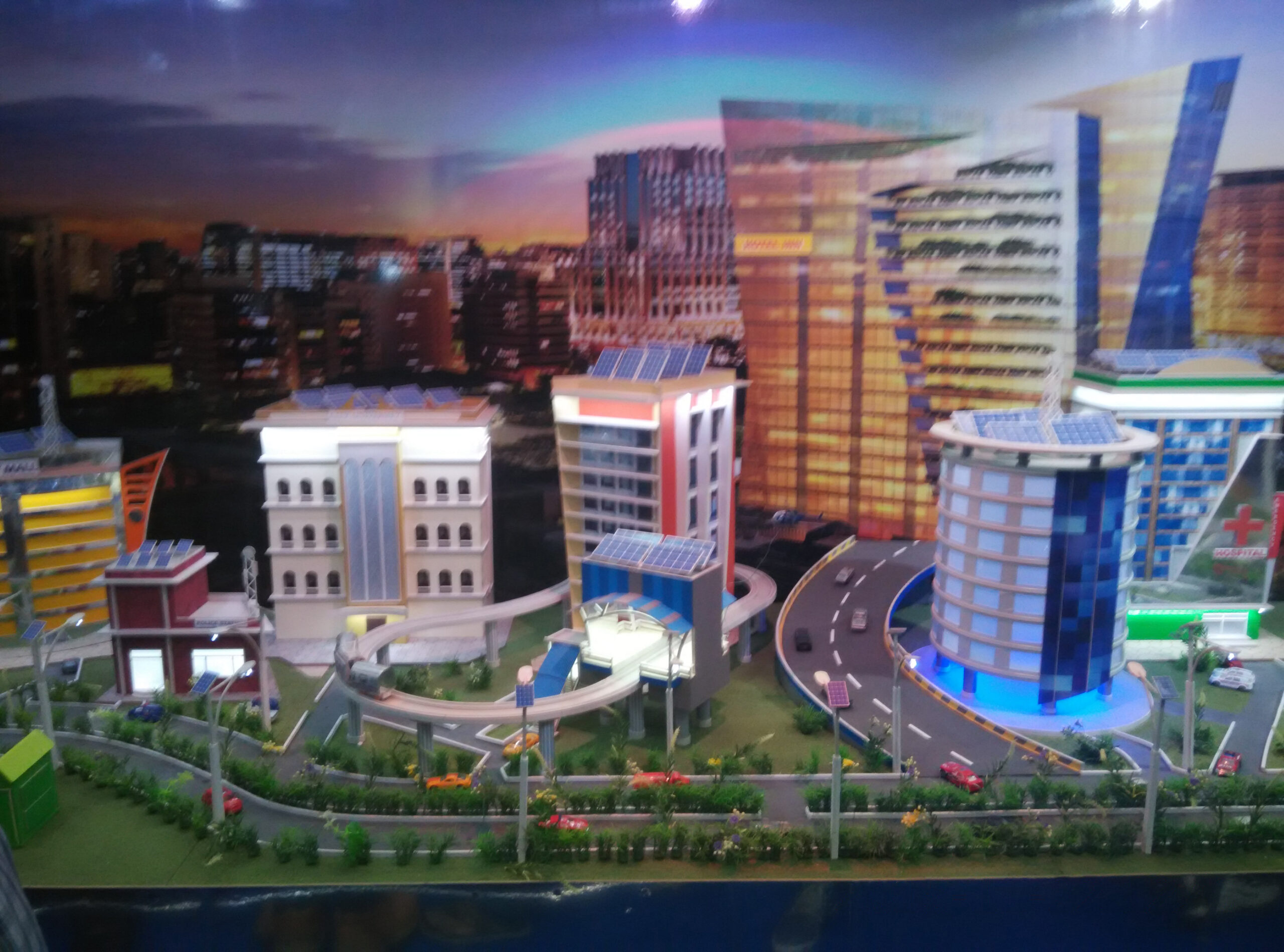Smart Cities in Asia are addressing the challenges of rapid urbanization and environmental pressures in Southeast Asia, gaining popularity. Governments and businesses are seeking innovative ways to improve urban quality of life and promote sustainable development. This article explores the concepts, objectives, drawbacks, and challenges of smart cities in this dynamic region.
Concepts of Smart Cities
Smart cities are built on two main interconnected concepts:
1. Integrated Technology:
Smart cities utilize advanced technologies such as the Internet of Things (IoT), artificial intelligence (AI), blockchain, and sensors to collect real-time data, optimizing the management of urban services such as waste management, traffic flow, and energy consumption.
2. Citizen Participation:
Beyond technology, smart cities encourage active citizen participation. Digital platforms enable residents to report issues, suggest ideas, and collaborate with local authorities to shape the future of their city.
Objectives of Smart Cities
The objectives of smart cities in Southeast Asia are diverse: enhancing operational efficiency through optimized resource management to cut costs, improving residents’ quality of life with safer, cleaner environments via effective infrastructure management, and promoting sustainability through reduced carbon emissions, conservation of natural resources, and long-term sustainable development practices.
Drawbacks of Smart Cities
Despite their benefits, smart cities also pose significant challenges. These include high implementation costs due to expensive cutting-edge technology requiring substantial investments. There are also concerns regarding privacy and data security, given the extensive collection of personal data by smart infrastructures. Furthermore, there is a risk of technological dependency, which can leave cities vulnerable to cyber-attacks and technological failures.
The Issue with Smart Cities
A critical challenge is the digital and social divide that may marginalize disadvantaged populations due to unequal access to digital technologies.
In summary, the emergence of smart cities in Southeast Asia presents an opportunity to strengthen urban efficiency and sustainability while requiring proactive management of technological and social challenges. These cities are hubs of innovation and a complex challenge, promising a sustainable and inclusive urban future.
